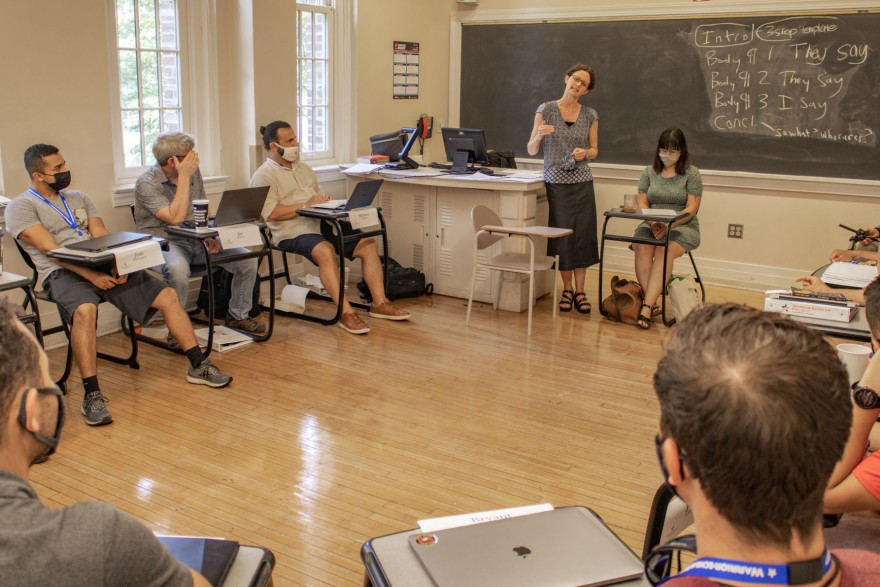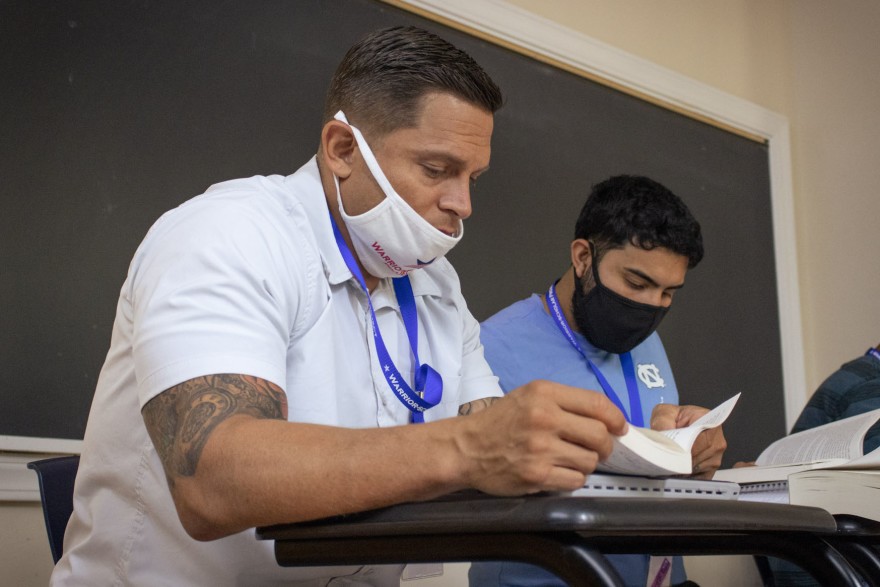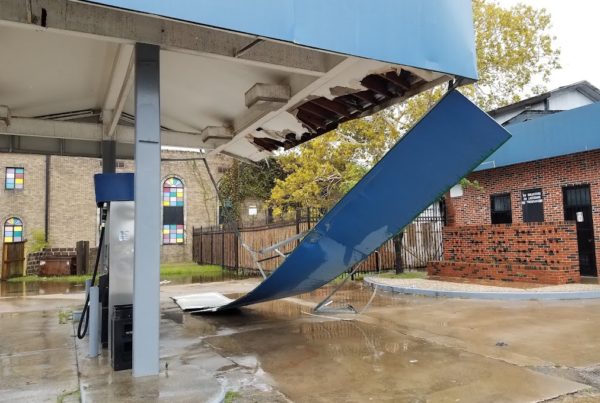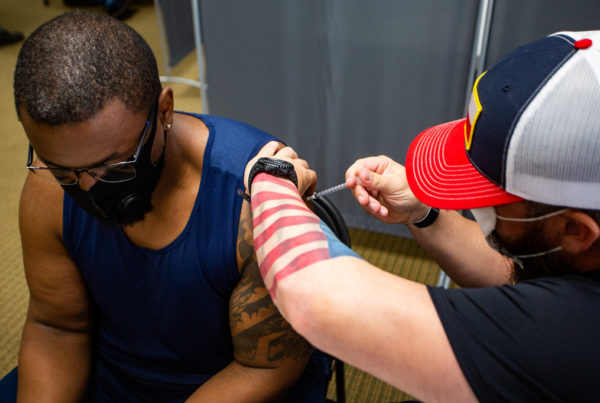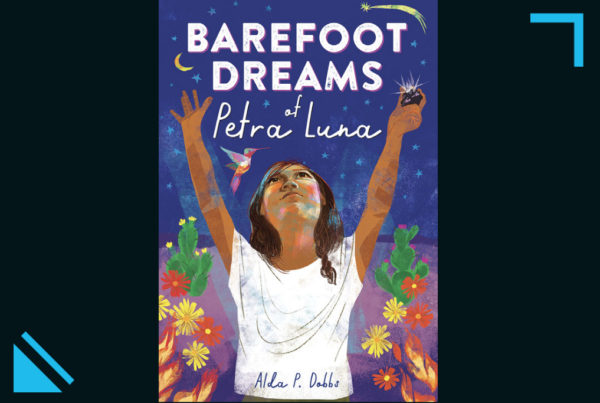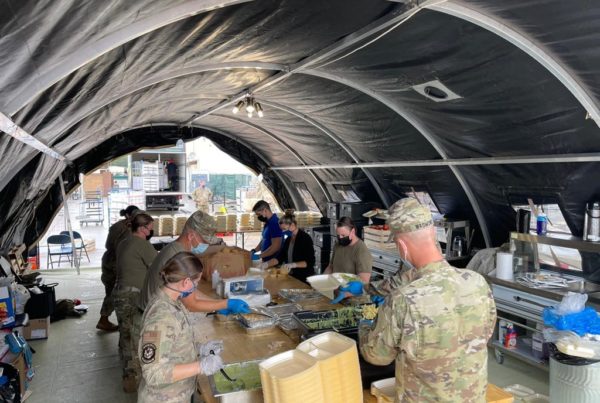On a recent day, about a dozen veterans and active-duty troops sat in a semi-circle inside a University of North Carolina classroom. They listened intently as Hilary Lithgow, an associate professor of English, helped them refine essays they had begun writing about the philosophical underpinnings of American democracy.
Right up front was Master Gunnery Sergeant Eric Gonzalez, tattooed and heavily-muscled, with a tour of duty in Iraq under his belt.
He’s been in the Marine Corps for 23 years. During a class break, Gonzalez said that when he retires from the Corps in a few years, he plans to enroll in a four-year college to become a physical therapist.
But he wanted to knock the rust off his classroom skills and build some new ones.
“The Marine Corps has given me the work ethic,” he said. “I just want to find different ways to use those tools that I’ve been given.”
That’s why he signed up for the Warrior-Scholar Project’s boot camp and made the 2 1/2 hour drive from Camp Lejeune.
And that distance wasn’t just measured in miles: The gulf between the distinctive cultures of the military and academia can be daunting for veterans, who may not have been in a classroom for decades, and who worry how they’ll fit in among classmates who might be the same age as their children.
One of the boot camp’s goals is to bridge that divide, said Ryan Pavel, a Marine Corps veteran who is the Warrior-Scholar Project’s CEO. He said the program prepares veterans not just with skills to succeed in the classroom, but also with confidence that they can do well.
“We believe — and we have 1,600 students worth of data at this point to prove it — that you can cross that gap,” Pavel said.
A few days into the camp, Gonzalez said he could feel the gap narrowing already.
“Being a 41-year-old student going to college, I’m a little hesitant to ask questions, because I don’t want to say something dumb or feel embarrassed, or go to the stereotype that, ‘There’s a big, dumb Marine,’” he said.
The boot camps, which are for those who don’t already have bachelor’s degrees, are free of charge. About 90 percent of the 1600 transitioning troops and veterans who have attended the camps have graduated or are on track to, according to Warrior-Scholar Project leaders.
Twenty-one colleges and universities so far have hosted the boot camps — including Harvard, Yale, Williams, and Amherst College.
Because of the coronavirus pandemic, many classes are online for now. But when they’re held in person — like those at UNC-Chapel Hill, the host institutions provide the classrooms, meals and housing. The Warrior-Scholar Project – which is donor-funded – covers the rest.


